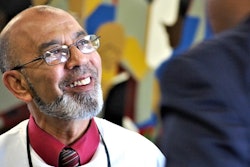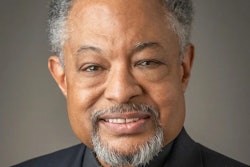As the U.S. faces a severe shortage of primary care physicians, nurse practitioners (NPs) are ready, willing and able to meet healthcare needs — if only they’re allowed to do so.
NPs are advanced practice registered nurses who have earned either a master’s or doctorate degree. Specialties include acute care, adult gerontology, emergency, neonatal, pediatric, psychiatric, women’s health and family practice. NPs are filling the primary care needs in many underserved communities, and today’s training is designed to equip them to address healthcare disparities.
An obstacle for maximizing NPs across the U.S. is the fact that the majority of states do not grant them full scope of practice. At present, only 22 states and the District of Columbia allow NPs to practice on their own to the full extent of their training. Other states allow a collaborative agreement with a physician, and some states, such as California, require direct supervision by a physician.
In January, an editorial in the Los Angeles Times advised legislators to “unleash nurse practitioners to improve Californians’ access to healthcare.” NPs are trained and qualified to take patient histories, perform physical exams, order lab tests, analyze lab results, prescribe medicines, authorize treatments and counsel patients about healthcare, but, the editorial argues, the requirement to do these things only under direct supervision hampers NPs from going into the communities that need them the most.
By positive example, the state of New Mexico, which has allowed NPs full scope of practice since 1993, has NPs setting up their own clinics in rural communities and improving healthcare outcomes.
“Since the inception of the nurse practitioner and nurse midwifery programs at the College of Nursing, it has always been committed to meeting the needs of rural and underserved populations,” says Dr. Carolyn Montoya, professor and associate dean for clinical affairs at the University of New Mexico (UNM) College of Nursing.
Addressing the Need




















